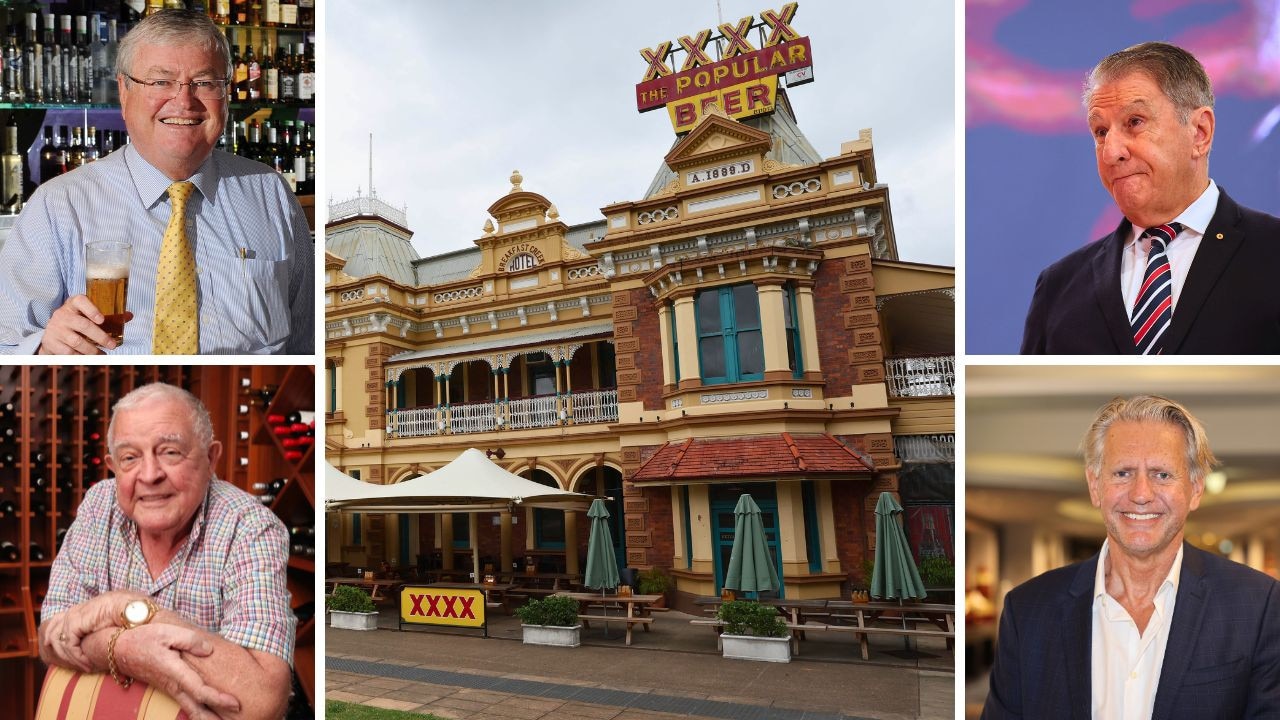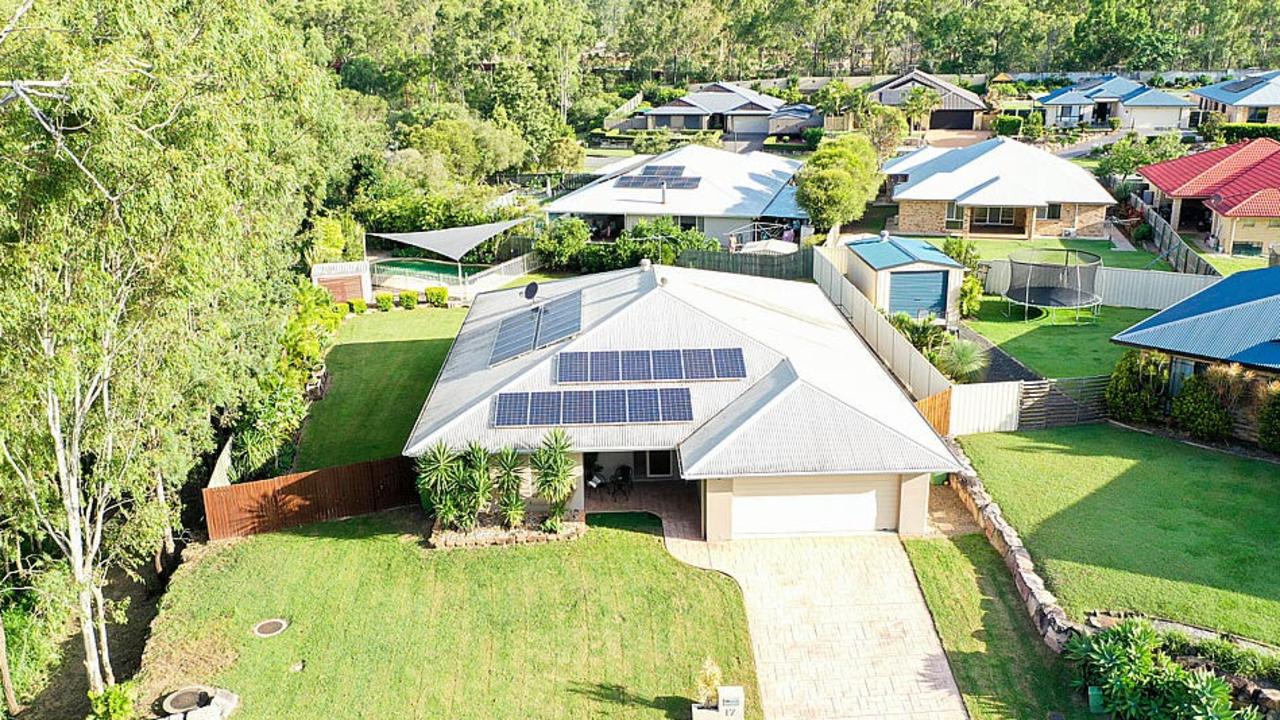‘Just a waiting game’: Ipswich mum’s anguish as Ukrainian family split by war
Divided by war and unable to work, a destitute Ukrainian family now depends on relatives in Ipswich for survival, having witnessed horrors “no one should ever have to”.
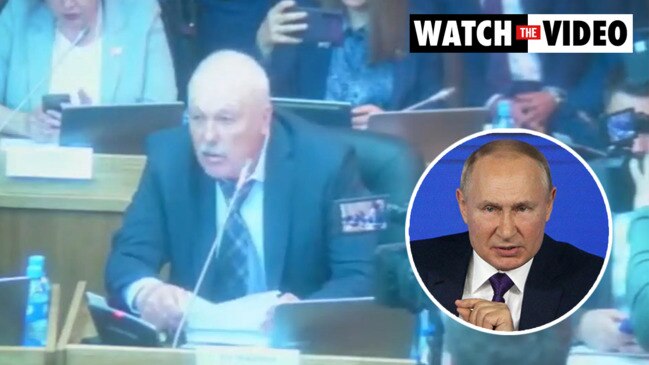
Ipswich
Don't miss out on the headlines from Ipswich. Followed categories will be added to My News.
Divided by war and unable to work, a destitute Ukrainian family now depend on their relatives in Ipswich, Australia for survival.
Augustine Heights mum-of-two Courtney Dziuma has eight family members who lived in Lutsk, a city on the Styr River in northwestern Ukraine, until Russia invaded the country just months ago.
She said their lives had since been “turned upside down” as they witnessed and experienced horrors that “no one should ever have to” know.
“(They are) about two hours from Lviv, which was also impacted by some bombings,” Ms Dziuma said.
“They get the sirens almost every day. I’ve received photos of children in bomb shelters.”
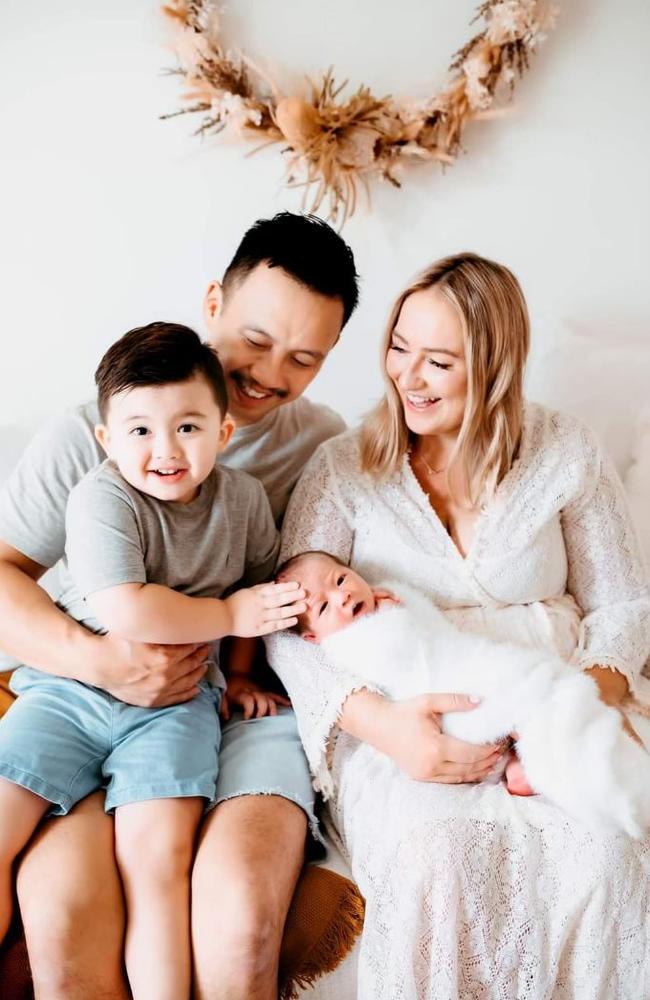
Ms Dziuma said four members of her family — her cousin Andriy Kapitan-Dymtruk, his wife Toma, and their two sons Vlad, 19, and Roman, four — were torn apart by the conflict when Ukrainian men aged between 18 and 60 years old were instructed to stay in and fight for their country, or at least help where able.
Desperate for safety, Ms Kapitan-Dymtruk and her youngest son Roman left their loved ones and all of their belongings and headed to Poland.
Mr Kapitan-Dymtruk said goodbye to his wife and child not knowing when he would see them again.
Ms Dziuma said the sudden and cataclysmic nature of the war had completely transformed her family’s lives into something unrecognisable.
“(My cousin) has actually had to learn how to use grenade launchers and machine guns and stuff, which he’s never thought of,” Ms Dziuma said.
“My aunty bakes cookies for the soldiers every day.
“Whenever the sirens go off, they all have to go to a shelter.”
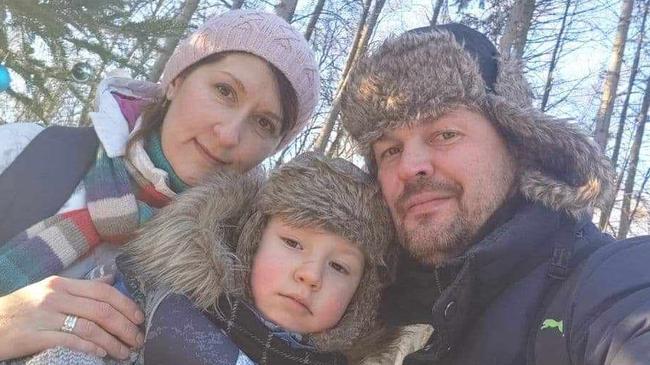
She said they often heard bombs explode nearby and believed it was now “just a waiting game”.
Before the conflict, both Mr and Mrs Kapitan-Dymtruk had steady jobs working in photography and videography, making advertisements and music videos.
Now, they rely on Ms Dziuma’s family in Ipswich to send them money so they can buy food, clothes, shoes, and other necessary household items.
Ms Kapitan-Dymtruk and her boy actually made it to Italy in March with some of the money they received from their worried Australian relatives, where they remain today.
But Ms Dziuma said Ms Kapitan-Dymtruk unfortunately cannot work or obtain assistance while there as she does not want to claim refugee status; to do so would mean she would not be allowed to return to the Ukraine for a minimum of six months.
Given her nearest and dearest reside there amid extreme danger, she is not willing to commit to such a requirement.
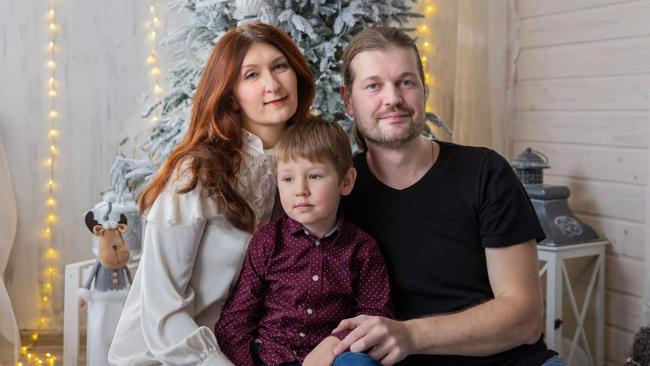
While in Italy, Ms Kapitan-Dymtruk has managed to find a bicycle which she uses to take her son to childcare, which is 4km from their accommodation, every day.
The providers allow her son to attend their centre for free so that he can socialise with other children. She is just grateful for the element of normalcy and exposure to the local language it offers him.
Meanwhile, in the Ukraine, Mr Kapitan-Dymtruk has spent much of his time caring for his wife’s mother who was in palliative care with cancer. Devastatingly, she died less than a week after her daughter fled the country.
Ms Dziuma said Ms Kapitan-Dymtruk was heartbroken to not have been there for her in her final moments.
With Ms Kapitan-Dymtruk’s visiting visa due to end in the coming months, she is preparing to have to return to the Ukraine with her son. While the prospect is frightening, Ms Dziuma said she was eager to see her husband and family and “finally” say goodbye to her mother.
Ms Dziuma has set up a GoFundMe page so that she and her family can continue to support their Ukrainian relatives during these uncertain times.
To donate, click here.



